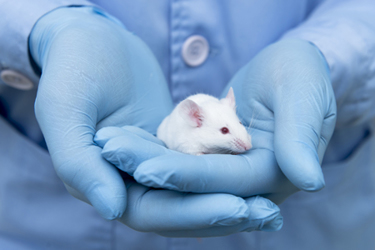Industry Alignment To Eliminate USP <88> In Vivo Animal Bioreactivity Testing For Polymer Characterization In Pharma Manufacturing
By Monica Cardona, Global Senior Program Manager, Single Use & Integrated Systems and Janmeet Anant, PhD., Senior Regulatory Consultant

There has been growing awareness about the environmental and ethical implications of plastics used in bioprocessing. While plastics are common in pharmaceutical processing, the animal (in vivo) testing involved has been criticized as unnecessary and unethical. This paper shows how MilliporeSigma is implementing in vitro cytotoxicity testing for plastic material qualification. These plastic materials are intended for use in biopharmaceutical manufacturing, including bioprocessing systems and filtration.
A 2020 United States Pharmacopoeia (USP) communication highlighted a strategy to eliminate animal testing of plastics. This strategy included the removal of the USP <88> Biological Reactivity Test, In Vivo classification system for animal testing and re-emphasized a cell-based alternative approach provided in USP <87> Biological Reactivity Test, In Vitro. This communication from USP enabled the industry to justify the shift away from animal testing for plastics used in pharmaceutical and biopharmaceutical manufacturing.
Get unlimited access to:
Enter your credentials below to log in. Not yet a member of Pharmaceutical Online? Subscribe today.
